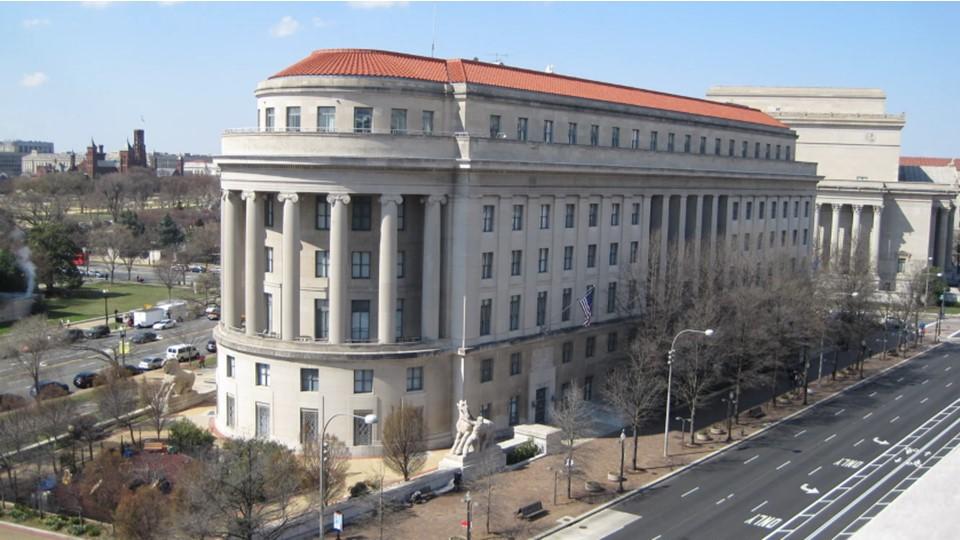FTC steps up campaign on junk patents with warning letters

The US Federal Trade Commission (FTC) has expanded its campaign against so-called ‘junk’ patents intended to extend market exclusivity and block generic rivals.
The financial regulator has sent warning letters to 10 manufacturers disputing more than 300 patent listings in its Orange Book covering 20 brands used for diabetes, weight loss, asthma, and chronic obstructive pulmonary disease (COPD).
AstraZeneca and Novo Nordisk are in the firing line for their injectable GLP-1 agonist therapies for diabetes and obesity. Novo Nordisk has been warned about $14 billion-a-year diabetes treatment Ozempic (semaglutide), as well as obesity therapy Saxenda and Victoza – both based on liraglutide – while AZ’s letter covers older GLP-1 drug Bydureon (exenatide).
Boehringer Ingelheim, GSK, Novartis, Teva, and Covis Pharma have been taken to task for asthma and COPD inhalers, while Amphastar Pharma has been warned over its Baqsimi glucagon nasal spray, used to treat hypoglycaemia in type 1 diabetics, which it acquired from Eli Lilly last year in a deal valued at more than $1 billion.
The FTC warned in September that it may consider legal action against companies who list new patents in the Orange Book – or Approved Drug Products with Therapeutic Equivalence Evaluations, as it is otherwise known – to trigger processes that delay the entry of generics into the market.
The FDA is automatically barred from approving a generic drug for 30 months if a brand-name drug company sues a generic competitor for infringing on an Orange Book-listed patent, regardless of the outcome of the lawsuit.
It followed up with a first block of 10 warning letters – aimed at manufacturers of asthma inhalers, epinephrine autoinjectors, and other drug products – challenging around 100 patents a few weeks later.
That led to GSK, Impax Labs, and Kaleo delisting patents, according to the FTC, which also notes that, after the action, AZ, Boehringer Ingelheim, and GSK also announced commitments to cap inhaler out-of-pocket costs at $35.
“By filing bogus patent listings, pharma companies block competition and inflate the cost of prescription drugs, forcing Americans to pay sky-high prices for medicines they rely on,” said FTC chair Lina Khan in a statement.
“By challenging junk patent filings, the FTC is fighting these illegal tactics and making sure that Americans can get timely access to innovative and affordable versions of the medicines they need,” she added.
The FTC has also been taking a tougher stance on the pharma industry in the last few years, with closer scrutiny of mergers and acquisitions in the sector, investigations into the role of pharmacy benefit managers in the medicines supply chain, and clamping down on contracting practices and data privacy issues.













